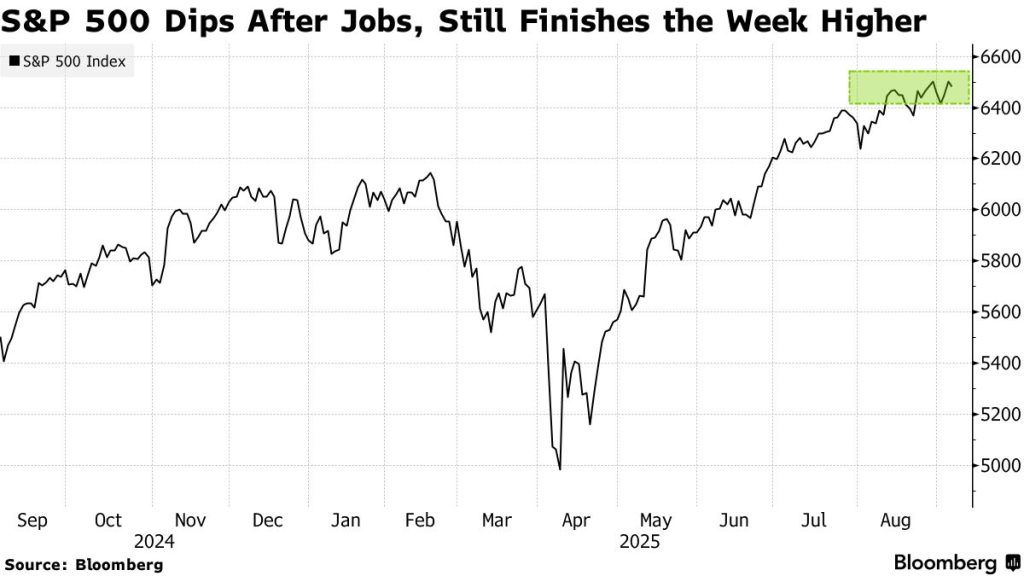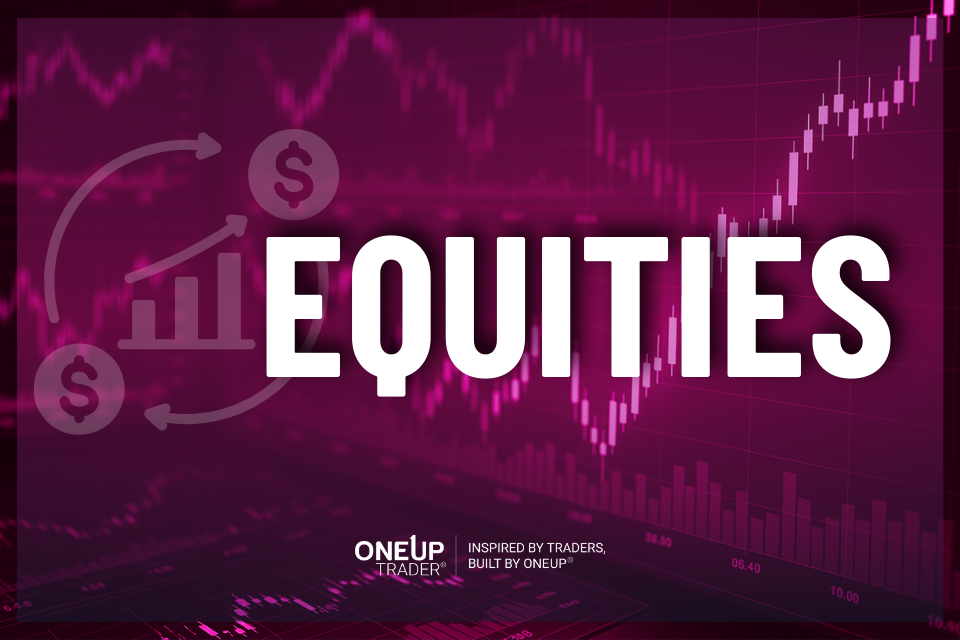- Data on Friday revealed that the US economy created only 22,000 jobs in August.
- Equities ended Friday lower due to concerns about the state of the economy.
- Economists expect consumer inflation to accelerate from 2.6% to 2.9%.
Equities gained on Monday amid optimism over looming Fed rate cuts. This enthusiasm rose after the US released a poor monthly employment report on Friday. However, there were also concerns about the state of the economy that weighed on stocks at the end of last week.
Data on Friday revealed that the US economy created only 22,000 jobs in August, far below the estimate of 75,000. Meanwhile, the unemployment rate increased from 4.2% to 4.3%, meeting forecasts. The downbeat data led to a surge in expectations for a Fed rate cut, which initially boosted stocks. Analysts moved to price three rate cuts before the end of the year.
At the same time, the report rekindled bets for a 50-bps rate cut, with traders seeing a 12% chance. The labor market has felt the weight of tariffs. Moreover, the Fed might have delayed lowering borrowing costs, which puts more pressure on policymakers to catch up. Still, some experts believe they will stick with a 25-bps cut.
“The focus is on next Wednesday’s Fed rate cut. The market is greedy. It’s already discounted 25 basis points. Now, if people are buying because they expect 50, well, that’s not going to happen,” warned Jake Dollarhide, chief executive officer of Longbow Asset Management in Tulsa, Oklahoma.

S&P 500 Index (Source: Bloomberg)
Notably, equities ended Friday lower due to concerns about the state of the economy. A rapid decline in the labor market could mean weaker consumer spending.
Meanwhile, the focus on Monday was slowly shifting to the upcoming US CPI report. Economists expect consumer inflation to accelerate from 2.6% to 2.9% on an annual basis. Meanwhile, the monthly figure could accelerate from 0.2% to 0.3%. A soft report would support rate cut expectations, further boosting equities. Meanwhile, hot figures could ease rate cut expectations.
However, experts believe policymakers will focus more on the recently released jobs report. So far, the spike in inflation caused by tariffs has been minimal. Therefore, growth carries more weight in determining the outlook for Fed policy.
“The growth scare from the labor market is going to overwhelm even hot inflation because the Fed right now is viewing any tariff-induced inflation as a one-time price increase,” said Jeff Schulze, head of economic and market strategy at Clearbridge Investments.



